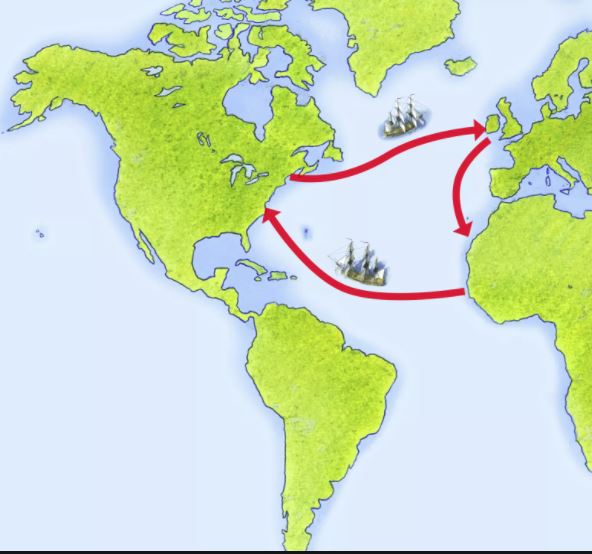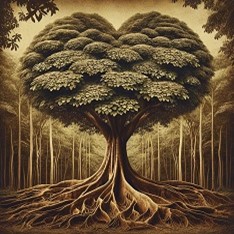
I often wondered how 10% of Black Americans had obtained their freedom by 1860. When I looked for manumission records I often found none. Was I looking in the wrong places? Did war/climate/insects/careless people destroy the records? How could so many records just disappear?
I attended a recent NGS Conference session by Ric Murphy who finally gave me the answer – there were Black Americans who were “indentured” and not enslaved arriving as early at 1619. This was certainly news to me as I never was taught that in history classes. I’ve been to Jamestown and no one there ever mentioned that fact. How did I miss this my entire life?!
The story is intriguing and much too long for a blog article. Major players were the Roman Catholic Church, Portugal, Spain, Great Britain and what is now the Netherlands. Piracy and violation of international treaties resulted in the decision to indenture rather than enslave.
I wish the book was offered in an electronic version as I’m trying to pair down my hard copies but it is not. There is one one-star review on Amazon but the person who left their concerns is in error in some of the points made – the Native Americans and the colonists did not get along prior to the African’s arrival and the majority of the white settlers had died due to famine because they feared hunting in the woods as Native Americans were hunting them. There is strong evidence from a variety of sources outside of the US that those first arriving Africans did come from a well educated, multilingual area of Africa. Although we now know that Bermuda is not part of the Caribbean, early maps considered it as part of the Caribbean islands. The author could have clarified that but I wouldn’t avoid reading the book because he didn’t.
Put this book on your summer reading list – Ric Murphy. Arrival of the First Africans in Virginia. Charleston, SC: The History Press, 2020.

